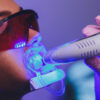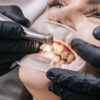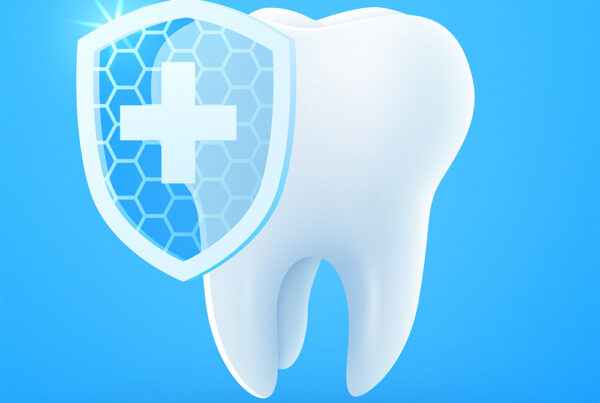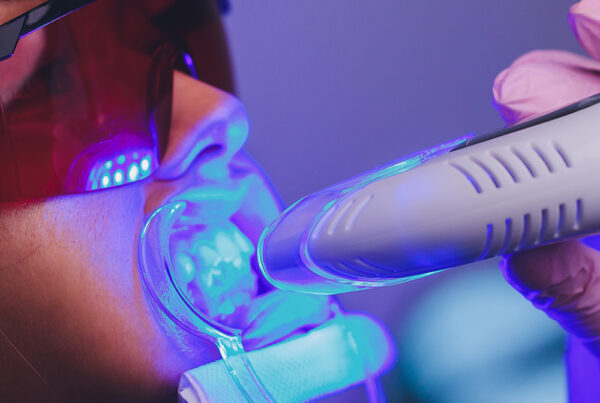What Is Dentophobia?
Dentophobia, also known as odontophobia, is an extreme fear of dentists and dental procedures. It is a type of specific phobia that affects millions of people around the world. People with dentophobia experience extreme anxiety when faced with any type of dental procedure, from a routine checkup to a more invasive procedure such as a root canal or extraction. This fear can be so severe that it prevents people from seeking necessary dental care, leading to further health problems down the line. While some may dismiss dentophobia as simply being afraid of the dentist’s chair, it is actually much more than that; for those suffering from this condition, it can be debilitating and have a major impact on their quality of life.
No matter what treatment plan you choose for managing your dentophobia, remember that you are not alone in your struggle; millions of people around the world suffer from this condition and many have found success in overcoming their fears through various methods. With patience and dedication you too can overcome your fear and get back on track with regular dental care!
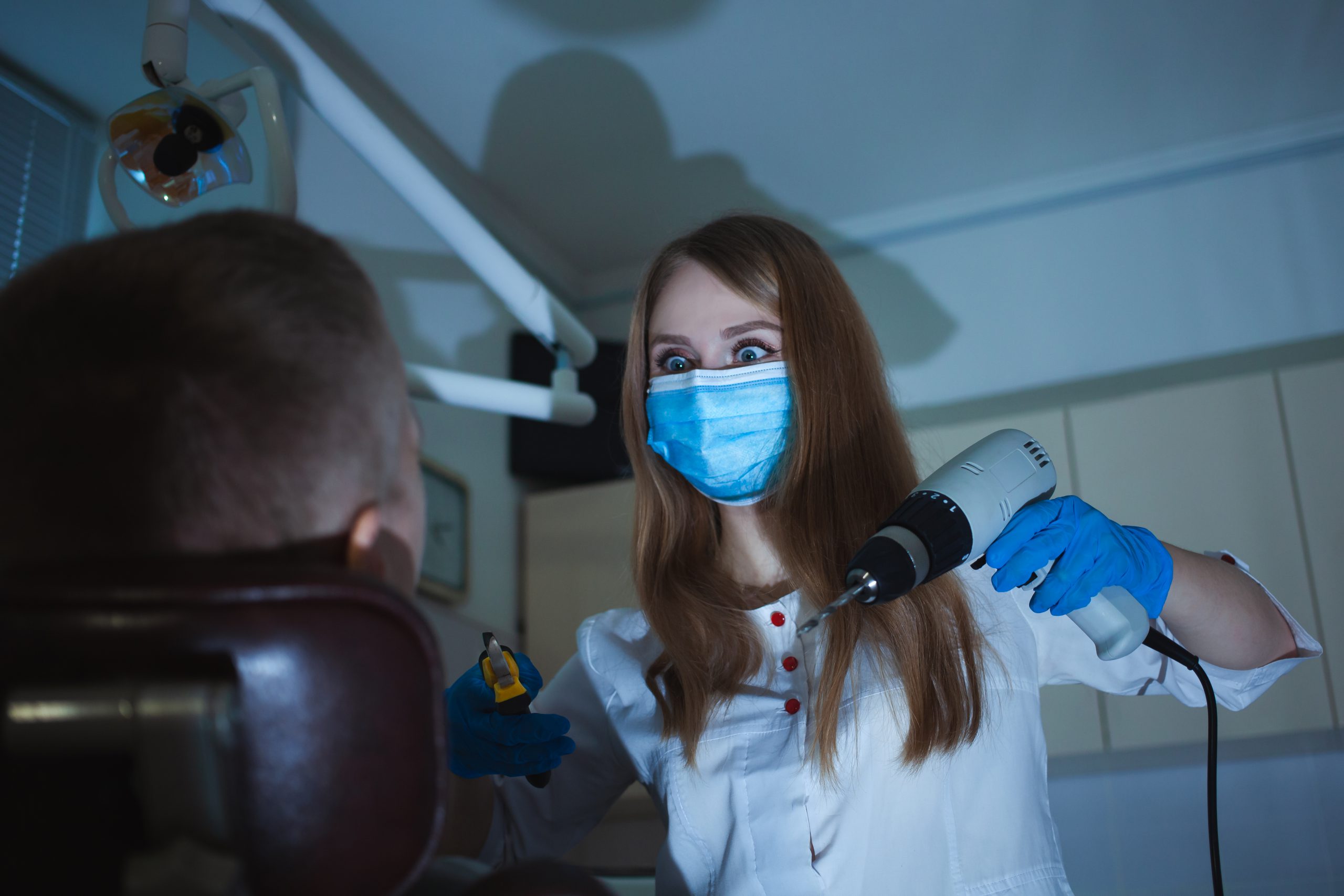
Reasons Trigger Dentophobia
The fear of going to the dentist is a common phobia, affecting up to 15% of the population. It can be caused by a variety of factors, ranging from past experiences to general anxiety. Understanding the root cause of dental anxiety can help you overcome it and ensure that you get the care you need for your oral health.
One of the most common causes of dental fear is a negative experience in the past. If someone had an unpleasant experience at the dentist as a child, they may develop an irrational fear of returning as an adult. Even if the procedure was relatively minor, it can leave a lasting impression and cause feelings of dread when thinking about future visits.
Another reason people may be afraid of going to the dentist is due to lack of control. During a dental appointment, patients are often asked to lay back in a chair and open their mouths wide while tools are inserted into their mouths. This feeling of being vulnerable and exposed can lead to feelings of anxiety or panic for some people. Additionally, some people may have difficulty with breathing or gag reflexes during procedures, which can make them feel uncomfortable or overwhelmed.
The most important cause of dentophobia is often linked to previous negative experiences at the dentist’s office. For example, if someone had a painful procedure in the past or was treated in an unprofessional manner by a dentist or staff member, this could trigger feelings of anxiety when thinking about returning for future appointments. In addition, people may also be fearful of experiencing pain during treatment or feeling embarrassed due to their current oral health condition. Fear of needles and drills are also common triggers for those suffering from dentophobia.

It is important for those who suffer from dentophobia to find ways to manage their fear so they can receive proper dental care. One way to do this is by talking openly with your dentist about your concerns and asking questions about any procedures you may need before they are performed. Additionally, finding a dentist that you trust and feel comfortable with can help reduce anxiety levels when visiting the office. Many practices offer sedation options such as nitrous oxide (laughing gas) or conscious sedation which can help ease tension during treatment sessions. Finally, relaxation techniques such as deep breathing exercises or guided imagery may also help reduce stress levels before and during appointments.
By understanding what causes dentophobia and learning how to manage it effectively, those who suffer from this phobia can take steps towards overcoming their fear and receiving necessary dental care without feeling overwhelmed or anxious.
Finally, many people simply have general anxiety about visiting the dentist that cannot be traced back to any specific event or experience. This type of dental fear is often linked to other forms of anxiety such as social phobias or panic disorders. People who suffer from these conditions may find themselves feeling anxious even before they enter the office, leading them to avoid making appointments altogether.
No matter what is causing your fear of going to the dentist, there are ways to manage it so that you can get necessary treatments without feeling overwhelmed or panicked. Talking with your dentist about your concerns and asking questions during appointments can help reduce stress levels and make it easier for you to relax during procedures. Additionally, many dentists offer sedation options such as nitrous oxide (laughing gas) that can help reduce feelings of discomfort during treatment sessions.
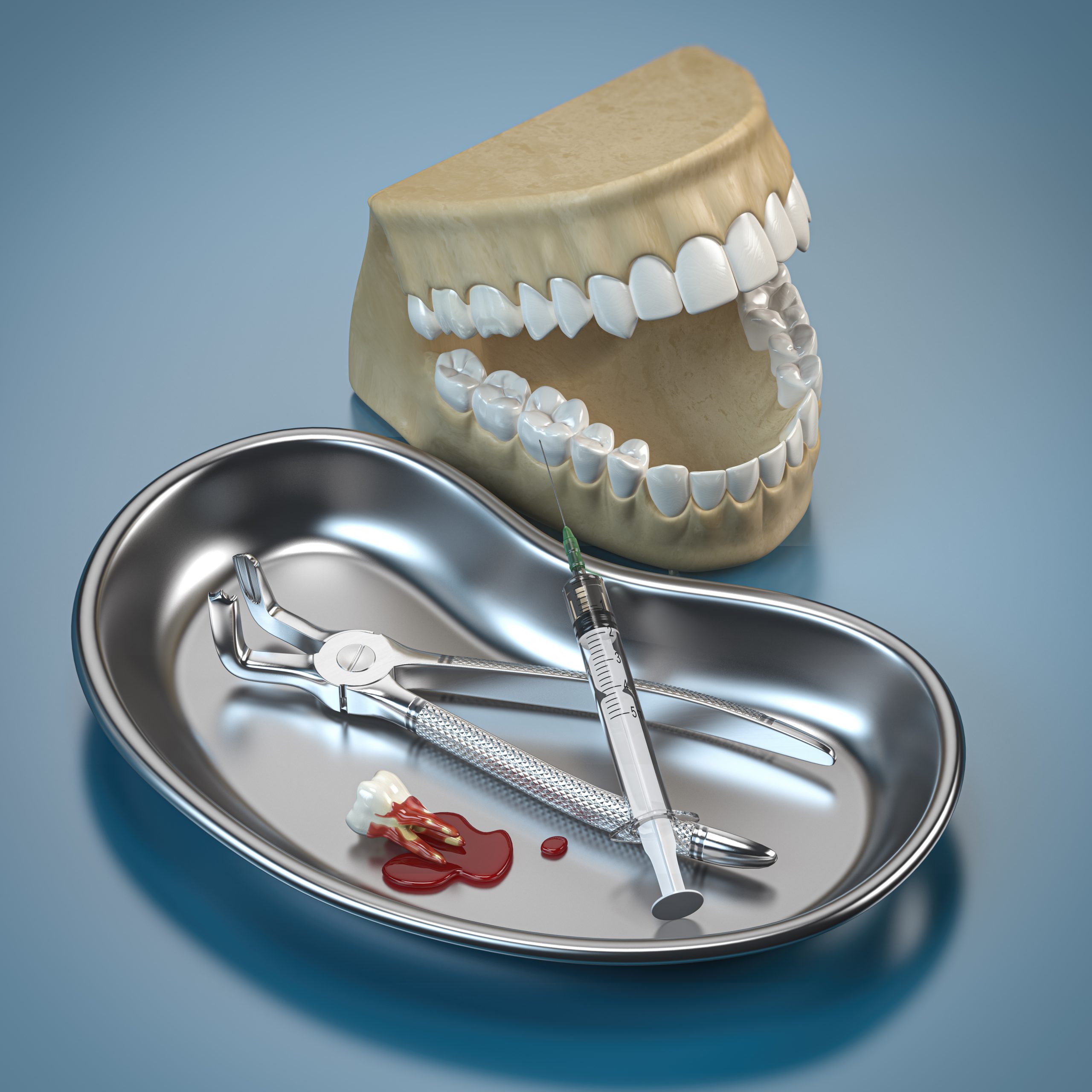
Aftermath Of Avoiding Dentists
Dentophobia, or fear of the dentist, is a common phobia that affects many people and can prevent them from seeking the dental care they need. If left untreated, it can lead to serious oral health problems such as tooth decay, root canal decay, gum disease, and even tooth loss. By avoiding the dentist out of fear, individuals may also miss out on preventive treatments that could help keep their teeth and gums healthy for years to come.
The first potential outcome of avoiding the dentist due to dentophobia is an increased risk of developing oral health problems. Without regular check-ups and cleanings at the dentist’s office, plaque and tartar can build up on teeth which leads to cavities and gum disease. In addition, if any existing issues are not addressed in a timely manner they can worsen over time leading to more extensive treatment down the road. Furthermore, if cavities are left untreated they can cause pain and discomfort when eating or drinking hot or cold foods.
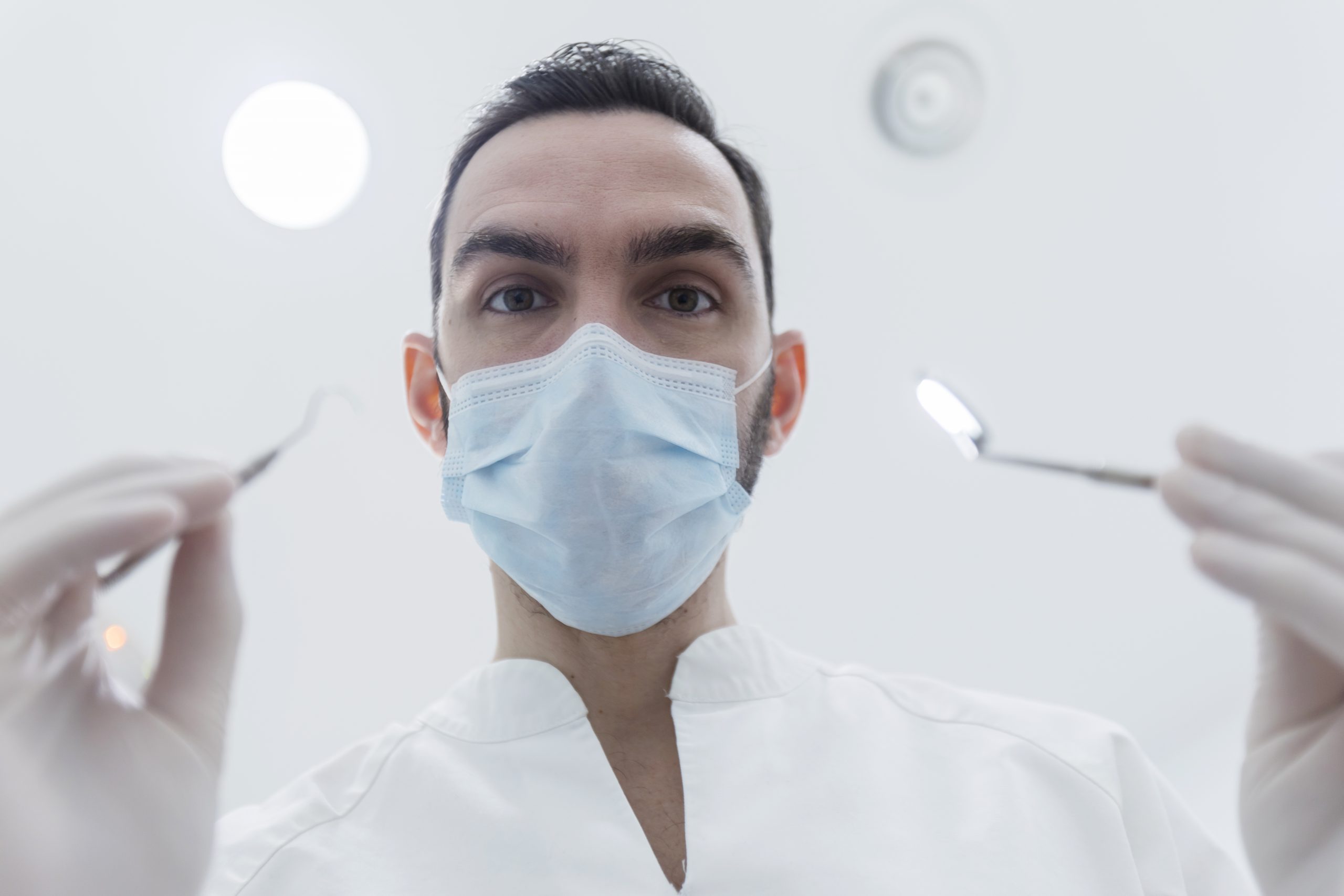
The second potential outcome of avoiding the dentist due to dentophobia is missing out on preventive treatments that could help maintain good oral health in the long run. These treatments include sealants which protect teeth from decay by covering deep grooves in molars where bacteria likes to hide; fluoride treatments which strengthen enamel; and regular cleanings which remove plaque buildup before it turns into tartar. Additionally, x-rays taken at regular intervals allow dentists to spot any issues early on before they become more serious.
Finally, avoiding the dentist due to dentophobia may also lead to costly procedures down the line if oral health issues are not addressed early on. The longer someone waits for treatment for a cavity or gum disease issue, for example, the more extensive (and expensive) treatment may become as damage progresses over time. Furthermore, missing out on preventive treatments such as sealants or fluoride applications means that individuals may have to pay for restorative work later on if their teeth become damaged from decay or wear-and-tear over time.
In conclusion, there are several potential outcomes associated with avoiding the dentist due to dentophobia including an increased risk of developing oral health problems; missing out on preventive treatments; and costly procedures down the line if issues are not addressed early on. Therefore it is important for those who suffer from this phobia to seek help so that they can receive proper dental care without fear or anxiety in order to maintain good oral health for years to come.
How To Overcome Dentophobia?
Dentophobia, or fear of the dentist, is a common phobia that affects many people. It can range from mild anxiety to severe panic attacks when faced with the prospect of visiting the dentist. Fortunately, there are ways to overcome dentophobia and make dental visits less stressful.
The first step in overcoming dentophobia is to understand what causes it. Many people fear the dentist because they associate it with pain or discomfort. Other factors such as embarrassment over the condition of their teeth or fear of needles may also contribute to dentophobia. Once you identify your specific fears, you can start working on overcoming them.
One way to reduce your anxiety about visiting the dentist is to talk to your dentist about any concerns you have beforehand. This will give them an opportunity to address any worries and explain how they plan to make your visit as comfortable as possible. Your dentist may also be able to provide helpful tips for managing your anxiety during the appointment. Additionally, consider asking a friend or family member who has had positive experiences at the dentist if they would accompany you on your next visit. Having someone familiar by your side can help reduce stress levels and make it easier for you to relax during the appointment.
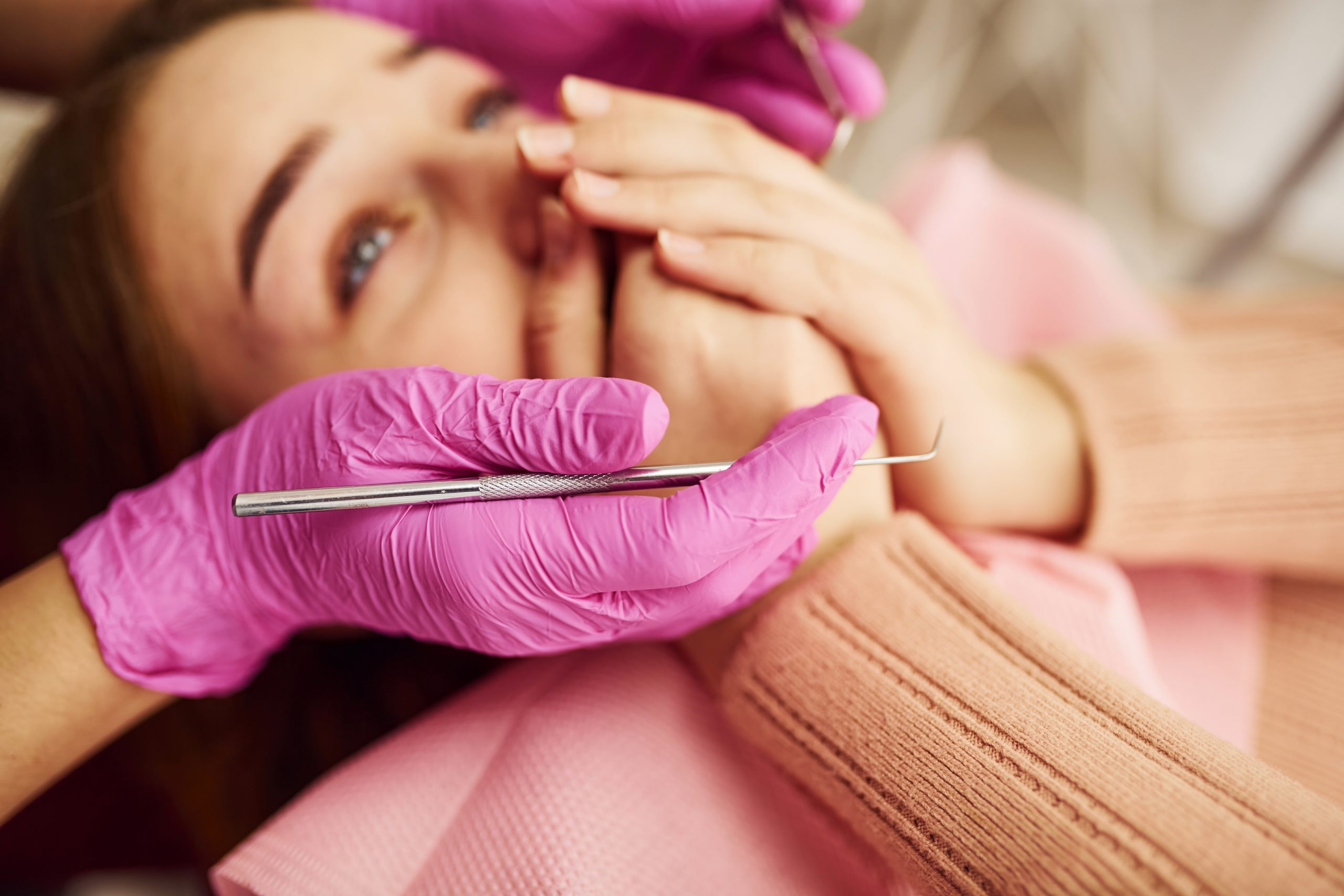
If these methods don’t work for you, cognitive-behavioral therapy (CBT) may be an option worth considering. CBT is a type of psychotherapy that helps people identify and change negative thought patterns and behaviors associated with certain situations or activities—in this case, visiting the dentist. During CBT sessions, patients learn techniques such as relaxation exercises and guided imagery that can help them cope with their fear of dental visits in a healthy way.
Finally, it’s important not to neglect oral hygiene even if you’re scared of going to the dentist—it’s essential for maintaining good overall health! Try brushing twice daily with fluoride toothpaste and flossing regularly; this will help keep cavities at bay and ensure that any potential problems are caught early on before they become serious issues requiring more intensive treatment from a professional. You should also schedule regular checkups with your dentist so they can monitor any changes in your mouth over time; this way, if anything does require treatment, it will be addressed promptly before it becomes worse.
Dentophobia doesn’t have to stop you from taking care of your oral health—with some understanding and preparation, it’s possible to manage this fear so that dental visits become less intimidating experiences! By talking openly about any concerns you have with your dentist beforehand, practicing relaxation techniques like deep breathing during appointments, seeking support from friends or family members who have had positive experiences at the dentist, trying cognitive-behavioral therapy if necessary, and keeping up with good oral hygiene habits at home—you can make strides towards overcoming dentophobia!
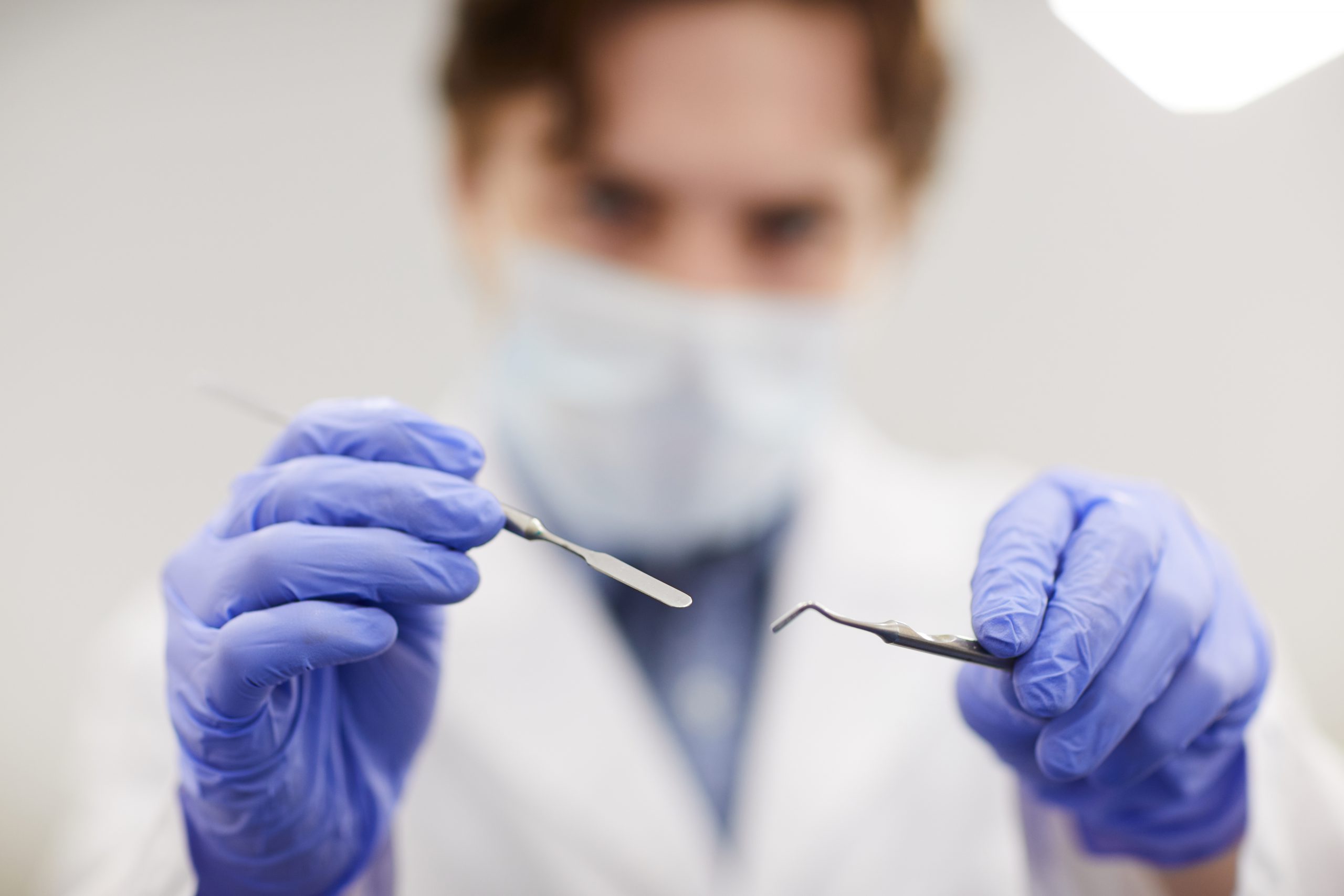
Visiting a doctor regularly is important for everyone, especially those who have overcome dentophobia. Regular visits to the doctor are essential for maintaining good oral health and overall well-being. Here are four reasons why it’s important to visit your doctor after overcoming dentophobia:
1. Preventative Care:
Regular visits to the doctor can help identify potential issues before they become serious problems. During these visits, your dentist will examine your teeth and gums for any signs of decay or disease. They may also take x-rays or other tests to look for any underlying issues that could cause future problems. By catching potential issues early on, you can avoid more costly treatments down the road and keep your mouth healthy.
2. Improved Oral Hygiene:
Visiting the dentist regularly helps ensure that you’re practicing proper oral hygiene habits at home. Your dentist will provide advice on how to properly brush and floss your teeth as well as give recommendations on products that can help improve your oral hygiene routine. This is especially important if you’ve been neglecting your oral hygiene due to fear of the dentist in the past.
3. Restorative Treatments:
If you do develop any cavities or other dental issues, regular visits to the dentist can help ensure that they are treated promptly and correctly. This will reduce the risk of further damage and complications from untreated dental problems such as infection or gum disease.
4. Stress Relief:
Finally, visiting the dentist regularly after overcoming dentophobia can help reduce stress levels associated with dental appointments in general. Knowing that you have a supportive team of professionals who understand your needs and concerns can make all the difference when it comes to feeling comfortable in the dental chair and getting necessary treatments done without fear or anxiety.
Overall, regular visits to the doctor are essential for anyone who has overcome dentophobia in order to maintain good oral health and overall wellbeing. These visits allow for preventative care, improved oral hygiene habits, restorative treatments when needed, and stress relief associated with dental appointments in general. So don’t forget – make sure you schedule regular checkups with your dentist even after conquering dentophobia!


